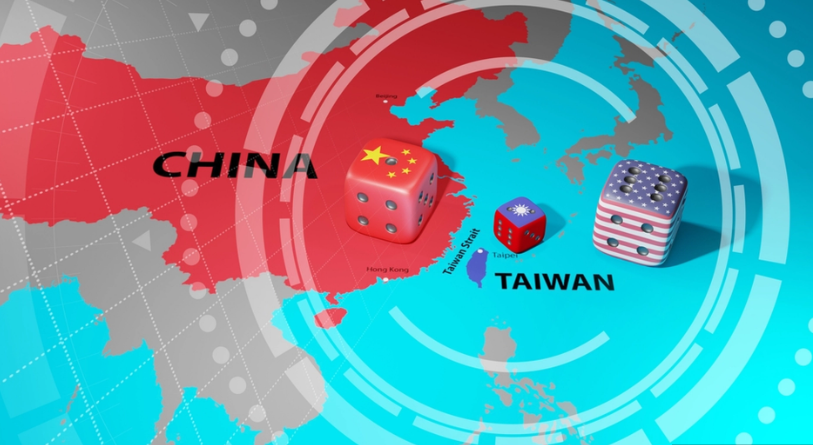Former President Donald Trump has criticized the U.S. role in defending Taiwan.
Others are reading now
Former President Donald Trump has cast doubt on whether he would defend Taiwan from a Chinese invasion if he were re-elected as U.S. president.
In an interview with Bloomberg, Trump questioned the need to defend Taiwan, pointing out its distance from the U.S.
“Taiwan is 9,500 miles away,” he said, as reported by NewsWeek. “It’s 68 miles away from China.”
He suggested that Taiwan should pay the U.S. for protection, comparing it to an insurance policy.
Also read
Historical Context
China’s Communist Party claims Taiwan as its territory, although it has never ruled the island since coming to power in 1949. Taiwan’s new President, Lai Ching-te, and his government reject this claim.
Trump’s stance will likely disappoint Taiwan’s leaders, who have worked to keep U.S. support. After Lai’s inauguration in May, China held military drills around Taiwan, criticizing Lai’s speech as promoting separation from China.
President Joe Biden has taken a stronger stance, saying multiple times that the U.S. would defend Taiwan if attacked, which is more direct than the usual “strategic ambiguity.”
Economic Considerations
Trump’s views on Taiwan seem influenced by its economic policies.
He criticized Taiwan for taking over the U.S. chip business and addressed the island’s wealth. Taiwan Semiconductor Manufacturing Company (TSMC) is a key player in the global semiconductor industry, crucial for technologies like AI and defense systems.
Taiwan’s Foreign Ministry and Premier Cho Jung-tai did not comment on Trump’s statements but expressed gratitude for the U.S.’s long-term support.
Implications and Future Relations
Trump’s interview, conducted at his Mar-a-Lago residence, shows his straightforward approach to international relations.
Analysts like Su Tzu-yun from the Institute for National Defense and Security Research in Taipei suggest that Trump’s comments may be a call for allies to contribute more to their own defense. Su emphasized the teamwork needed in the semiconductor industry, calling it a “techno-security partnership.”
The U.S. remains Taiwan’s main international backer and arms supplier, despite officially not taking a position on Taiwan’s sovereignty since cutting formal ties with Taipei in 1979.
Under Trump’s administration, arms sales to Taiwan increased, causing tension with China.
In response to the latest round of U.S. weapons sales, Chinese Foreign Ministry spokesperson Lin Jian announced the suspension of arms control and nonproliferation talks with the U.S.


